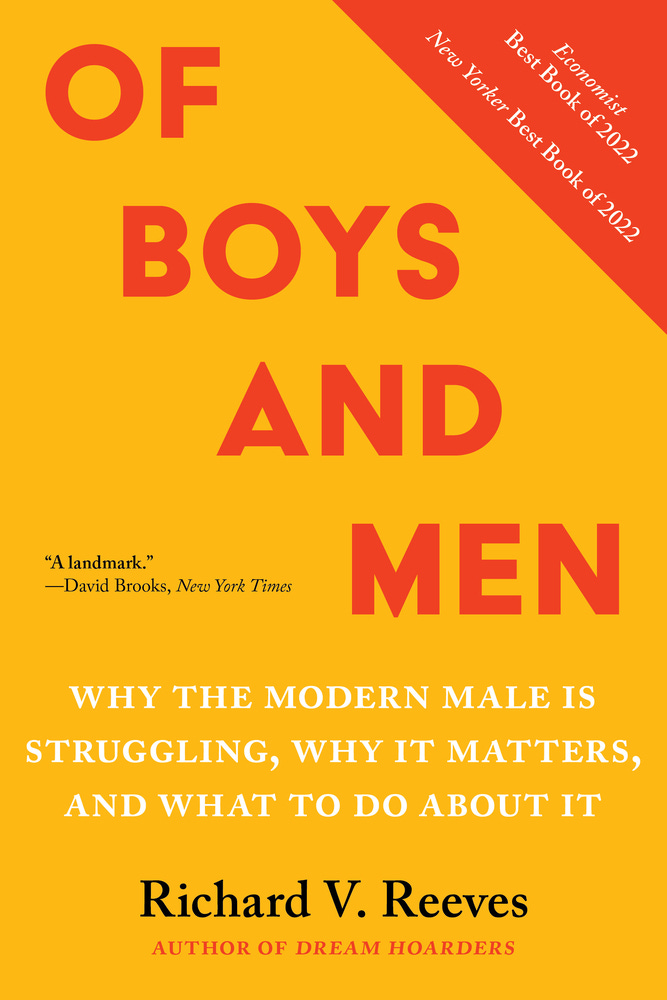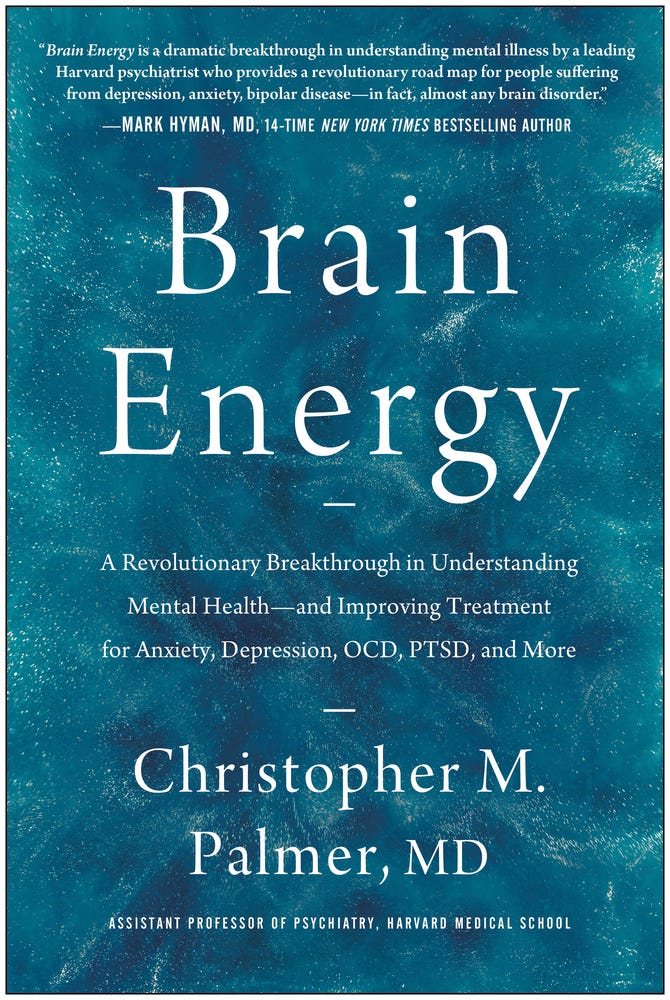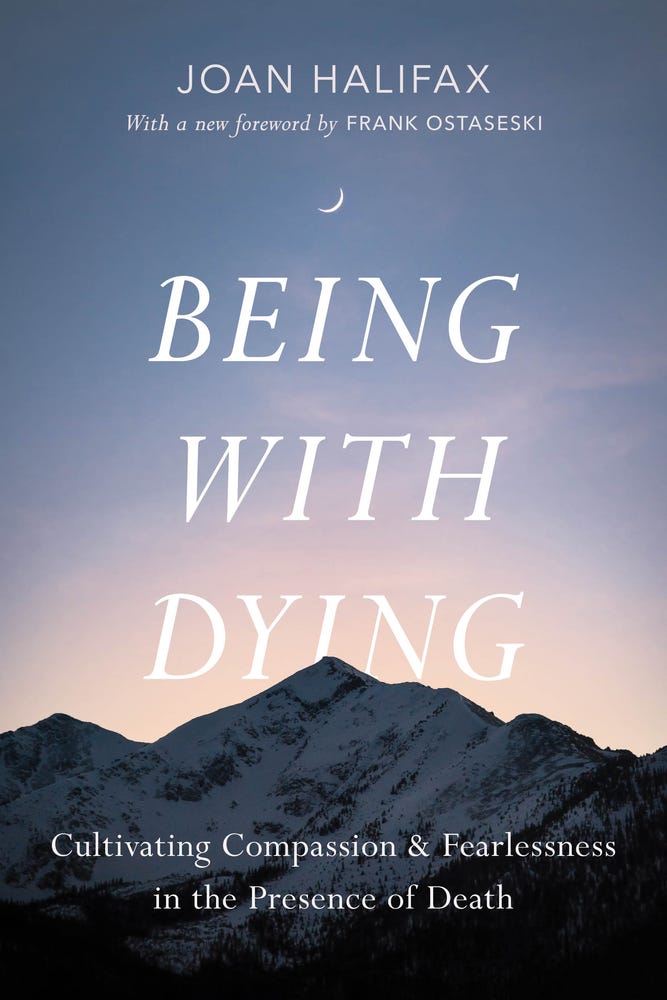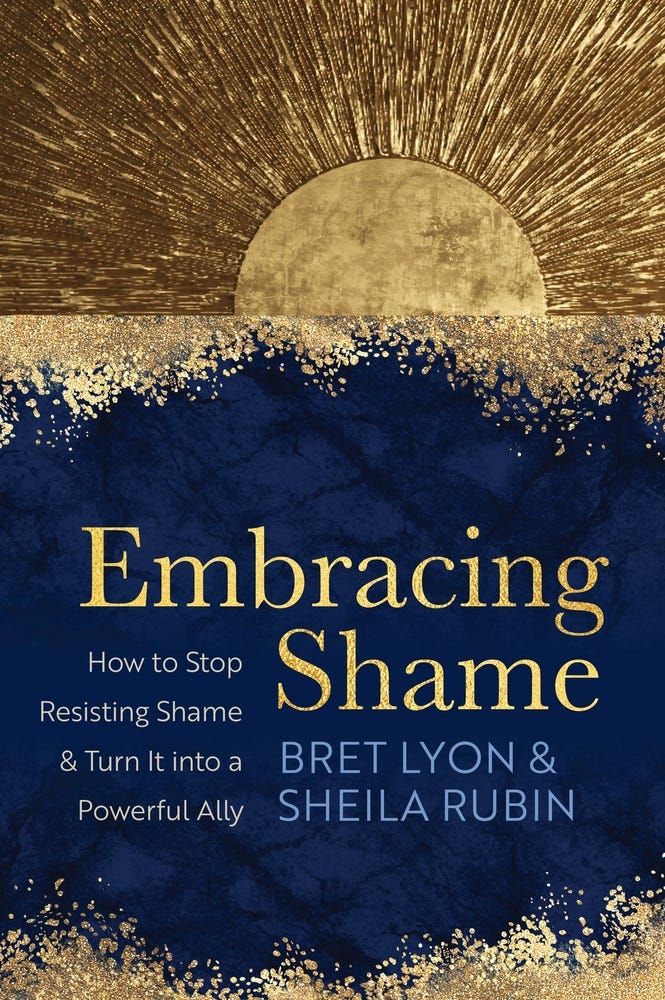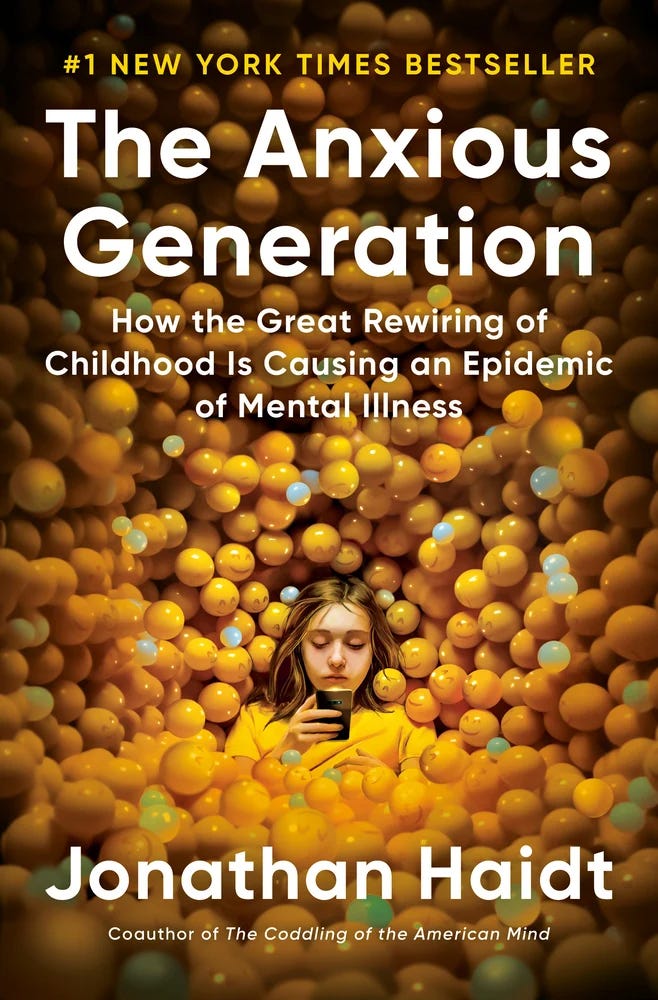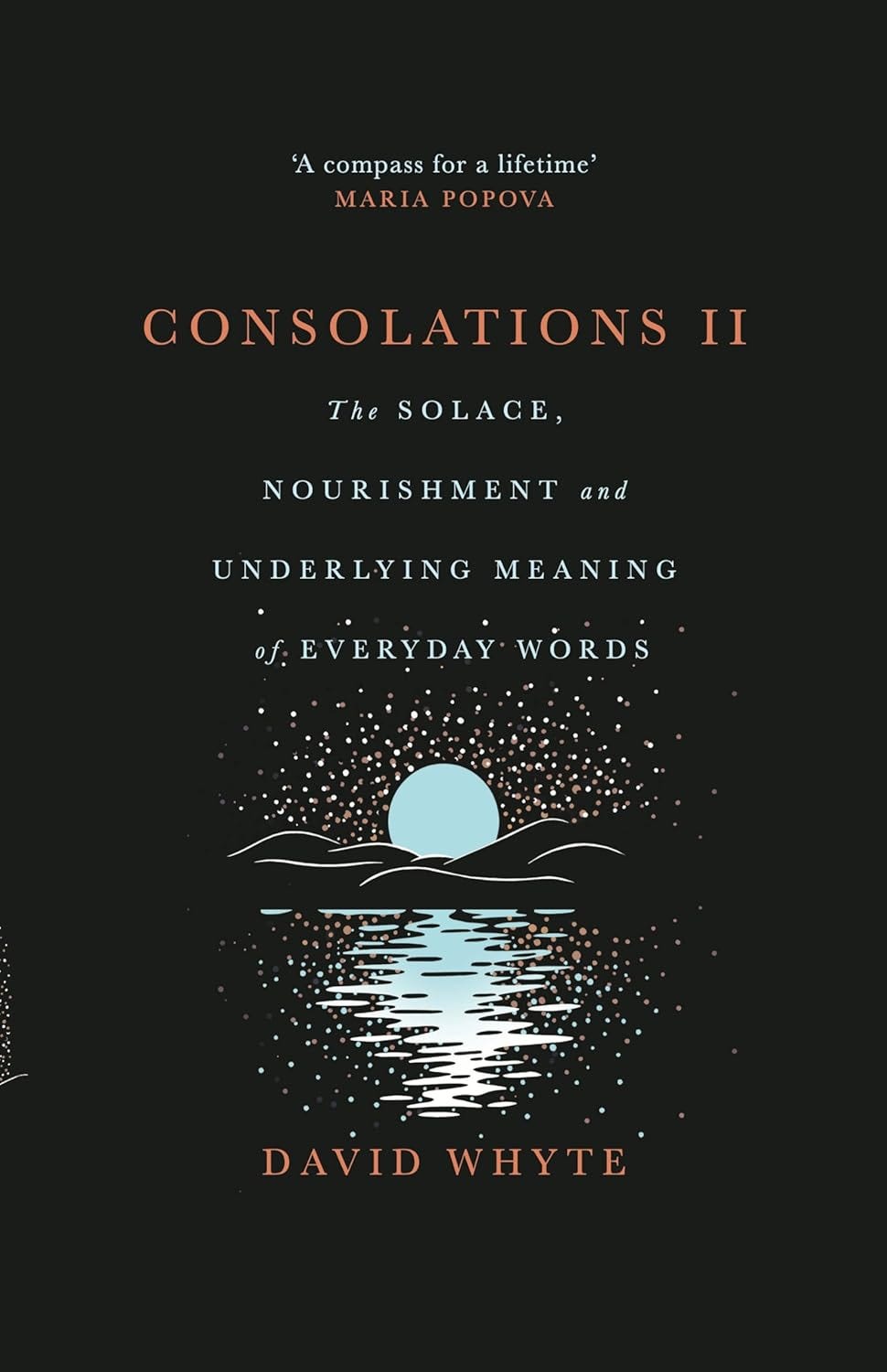Best Books of 2024
On collective narcissism, men's mental health, death, cultivating connection, embracing shame, youth mental health, and the meaning behind everyday words
I’m jumping on the bandwagon of end-of-year “best of” lists and sharing my eight favorite books I read this year on topics related to psychology, mental health, and the exploration of what it means to be human. While not all of these were published in 2024, I happened to discover them this year, and they’ve had an impact.
The Psychology of Collective Narcissism: Insights from Social Identity Theory (2023)
Researcher Golec de Zavala explores the concept of collective narcissism—the belief that one's group is superior but underappreciated by others. Using social identity theory, the book examines the causes and social consequences of this mindset, including increasing polarization, prejudice, political violence, and the spread of misinformation. It also addresses how the COVID-19 pandemic has exacerbated these issues and reviews interventions, particularly mindfulness practices, to reduce the link between collective narcissism, prejudice, and intergroup hostility.
Here’s a companion conversation between psychology professor Scott Barry Kaufman and the author.
Of Boys and Men: Why the Modern Male Is Struggling, Why It Matters, and What to Do about It (2024)
addresses the challenges facing modern males, particularly in education, employment, and mental health. The book explores societal changes contributing to widening gender gaps and offers solutions such as reforming education, supporting fathers, and redefining masculinity while maintaining progress in gender equity. It's a compelling read not only for someone like me who works predominantly with men in my therapy practice, but also for anyone with a man in their life or is interested in gender dynamics, sociology, or public policy. Brain Energy: A Revolutionary Breakthrough in Understanding Mental Health--And Improving Treatment for Anxiety, Depression, OCD, PTSD, and More (2022)
Psychiatrist Chris Palmer presents mental health disorders as metabolic disorders affecting the brain. He suggests that improving metabolic health through diet, exercise, sleep, and other lifestyle factors can help resolve conditions like anxiety, depression, OCD, and PTSD. The book offers practical strategies for enhancing mental well-being and provides a framework for better understanding mental illness.
Being with Dying: Cultivating Compassion and Fearlessness in the Presence of Death (2008)
Joan Halifax, a Buddhist teacher, and hospice caregiver, offers a gentle guide to navigating the emotional and spiritual challenges of death. Drawing on Buddhist principles and her experience with the terminally ill, Halifax provides practical tools, meditations, and exercises to help caregivers and individuals face mortality with grace, resilience, and mindfulness. The book fosters compassion, clarity, and composure in the face of life’s ultimate unknown.
How to Know a Person: The Art of Seeing Others Deeply and Being Deeply Seen (2023)
Brooks explores the importance of deeply understanding and connecting with others to build meaningful relationships. Drawing from psychology, neuroscience, and other fields, he provides practical guidance on engaging attentively, having meaningful conversations, and appreciating others' uniqueness. The book encourages readers to foster understanding and joy in both seeing others and being seen themselves.
Embracing Shame: How to Stop Resisting Shame and Turn It Into a Powerful Ally (2023)
The authors explore the nature of shame, distinguishing between its damaging forms and its potential to be a protective, informative emotion. The authors offer practical tools, and case studies to help us become more curious about our shame and transform it into a supportive force for growth and self-acceptance. They delve into how shame often intertwines with other emotions, guiding readers to understand its origins and manage common shame-based challenges like the inner critic, imposter syndrome, and perfectionism.
The Anxious Generation: How the Great Rewiring of Childhood Is Causing an Epidemic of Mental Illness (2024)
This book is on many people’s lists for good reason. A seminal work already influencing policy changes, Jonathan Haidt, a social psychologist, examines the rise in adolescent mental health issues and attributes it to shifts in childhood experiences since the early 2010s. He argues that the decline of play-based childhoods, overprotective parenting, and the pervasive use of smartphones and social media have contributed to increased anxiety and depression. Haidt emphasizes the importance of unstructured play and independent exploration, advocating for measures like banning the use of smartphones in schools to support healthier child development.
Consolations II: The Solace, Nourishment and Underlying Meaning of Everyday Words (2024)
A book by poet and philosopher
, his essays reflect on a single word such as “anxiety,” “body,” and “shame.” Whyte delves into the nuances of these everyday terms, providing insights that encourages deeperer contemplation and understanding of our human experience.



